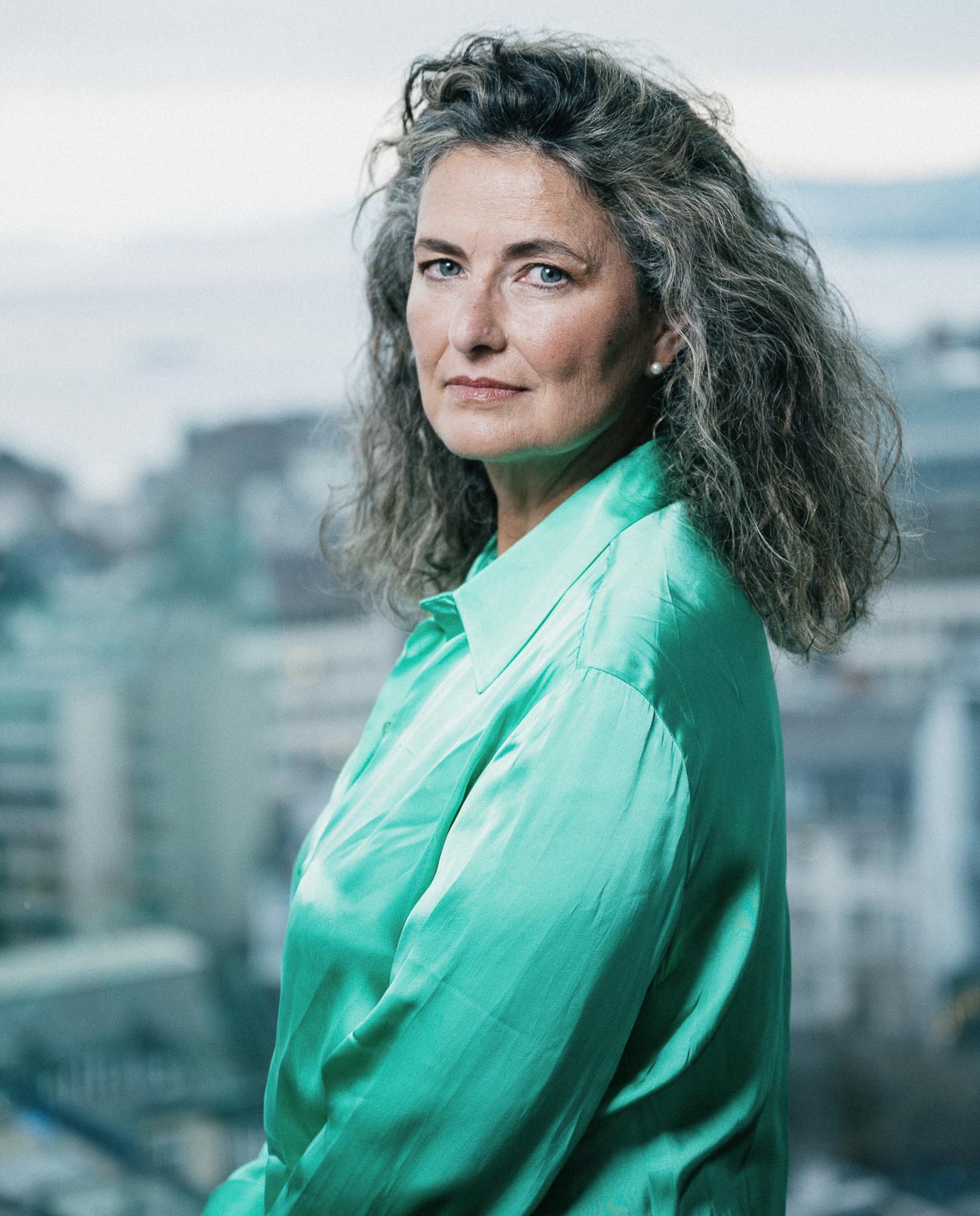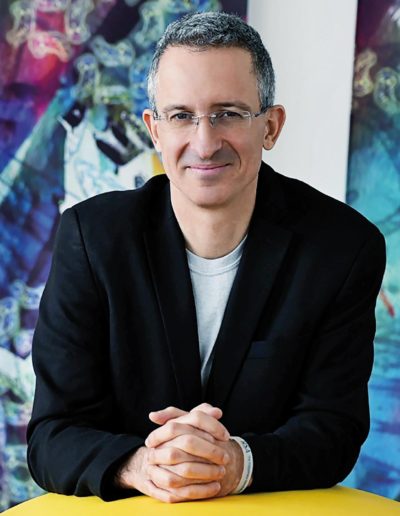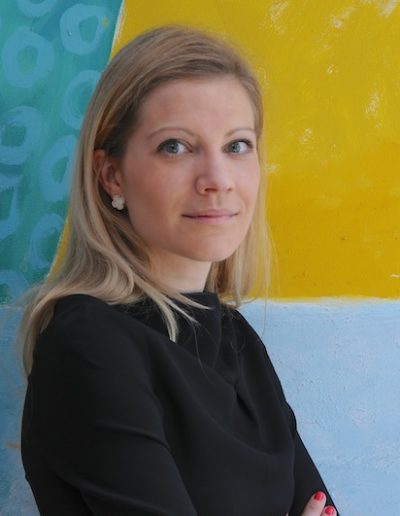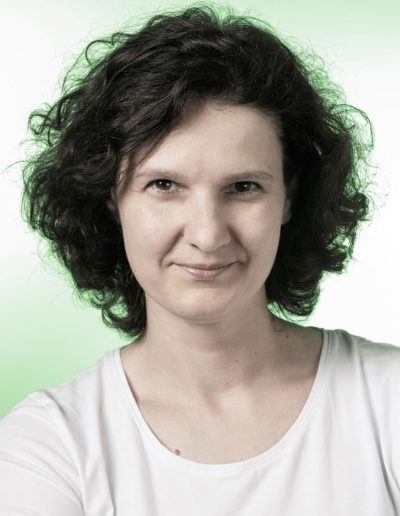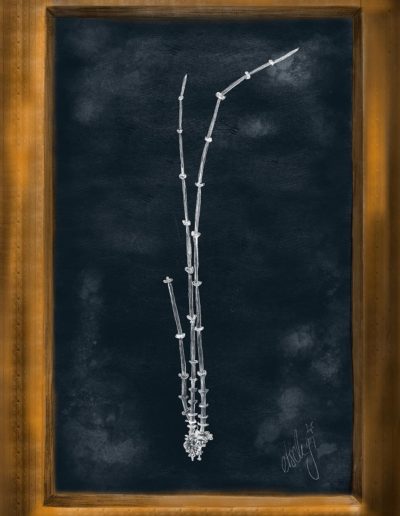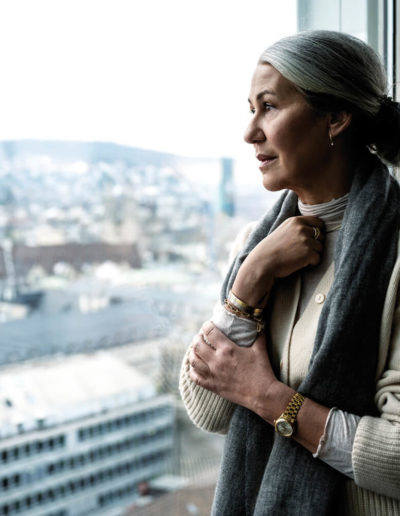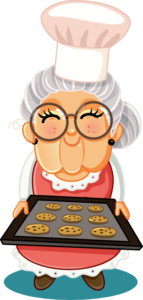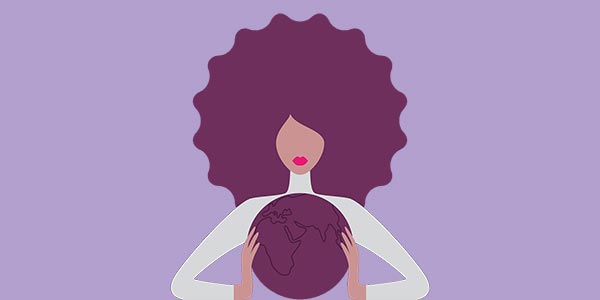Katja Faber
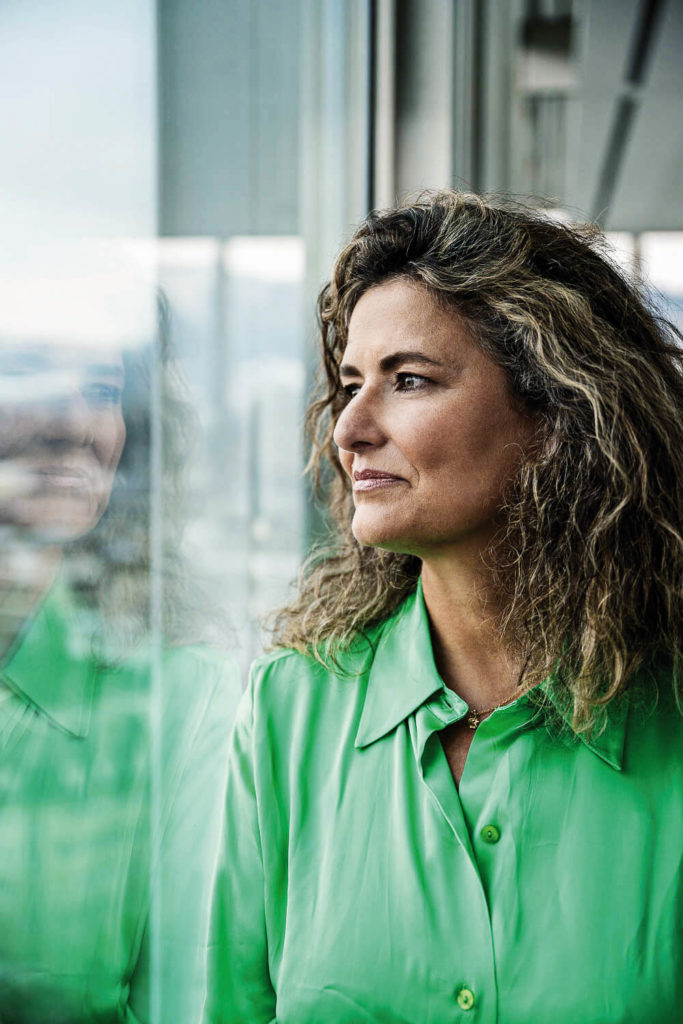
Writer
www.katjafaber.com
I was lucky in having a network of friends and close-knit family that stood by me after my son was murdered. Without them I might not have made it.
Post Traumatic Growth alludes to an individual’s spiritual and positive psychological shift that is born of suffering. It permits the person to gain a form of enlightenment that they might not have otherwise discovered. I call it “to reach a state of presence” – the ability to fully inhabit our emotions and thereby live an aware life. This state of presence may manifest in various forms: Some people find a new purpose in life; others gain an appreciation and gratefulness for the smaller things in their every day, while others may experience greater connection and compassion.
However, in the context of grief, I hesitate to suggest that PTG is something that the bereaved should aim for or expect to achieve. There should be no obligation to seek the silver lining, no requirement to embrace what can feel like toxic positivity at the lowest point in a person’s life. Grief itself is the experience, just as love is, and that is what brings learning, whether it be positive or negative. There’s no end goal to bereavement, and there’s also no line which the broken hearted must cross in order to “get better.” We don’t move on from grief, and neither do we get over it. However, we can allow ourselves to be transformed by it, to integrate it, and to live rich, fully present lives again.
I am a mother to three beautiful children. In December 2014, my eldest son, Alex, was brutally murdered in Küsnacht by someone he knew and trusted. I was advised to not see his body. I was told that the injuries to his head alone numbered more than 50. He’d died from asphyxia. He was still alive when the killer rammed a candle down his trachea.
To have a child die is the uttermost traumatic event a mother can ever experience. It’s called “traumatic grief” and for good reason – the shock and suffering are unbearable. When your child is a victim of homicide, you must additionally live with the knowledge that their last moments alive were spent in fear and pain.
I was in shock for the first year. Thereafter, I fell into an abyss of depression. I could barely get out of bed. I felt I was being skinned alive yet my nerve endings were on fire. I became ill, developed Post-Traumatic Stress Disorder, high blood pressure and my hair fell out. I suffered from anxiety, insomnia, and for a long time, anhedonia.
Additionally, the public aspect of homicide was re-traumatizing. There was the police investigation and endless court hearings, as well as media intrusion and eye-watering legal costs. It took eight years of fighting for justice to get a legally-binding conviction. The killer was sentenced to nine years for taking my 23-year-old son’s life but served far fewer.
Learning to live again following traumatic loss is not about recovery or survival. Neither is it about merely existing as I did during the first years following Alex’s homicide. It was about slowly doing painful and exhausting grief work so as to arrive at a point of acceptance. Only then, was I able to begin to talk in terms of “healing” or “growth.” For me PTG meant integrating my grief, which in turn allowed me to experience joy again.
Time alone does not help us to heal; it’s what happens in those millions of profoundly heart-shattering moments that count.
I’ve come to realize that it’s only in fully experiencing my feelings and giving them
space within my emotional inner world that I can fully inhabit not only my grief but
also all other feelings. Instead of deflecting and avoiding my sadness and fear, I’ve
learned to make space for them.
Staying fully present when your heart is broken and your mind traumatized is hard but it is possible. Accepting pain and my loss is what I believe ultimately allowed me to also feel joy and compassion again. Today, I’m a part of the world again, a woman and mother whose life-long grief and love for her three children will forever be a catalyst for inner change.
I was lucky in having a network of friends and close-knit family that stood by me after my son died. Without them I might not have made it. The welfare of my two still-living children was a huge motivating force that kept me going. My need to give Alex a voice channeled elements of my grief and kept me focused. The fight for justice allowed me to be his mother, to protect him in death where I had been unable to do so in life. It also provided me with a sense of agency.
Over time I began to write about my grief. Externalizing my emotions was profoundly therapeutic. Through my writing, I came into contact with other grieving parents, which was a balm to my shattered heart. It alleviated my loneliness. I also saw how by actively helping others I also healed myself.
I spent a lot of time in nature, walking in forests, planting, digging, and harvesting what I had grown. In great part, I attribute my capacity to fully inhabit my grief and thereby be transformed by it to the extraordinary power of nature.
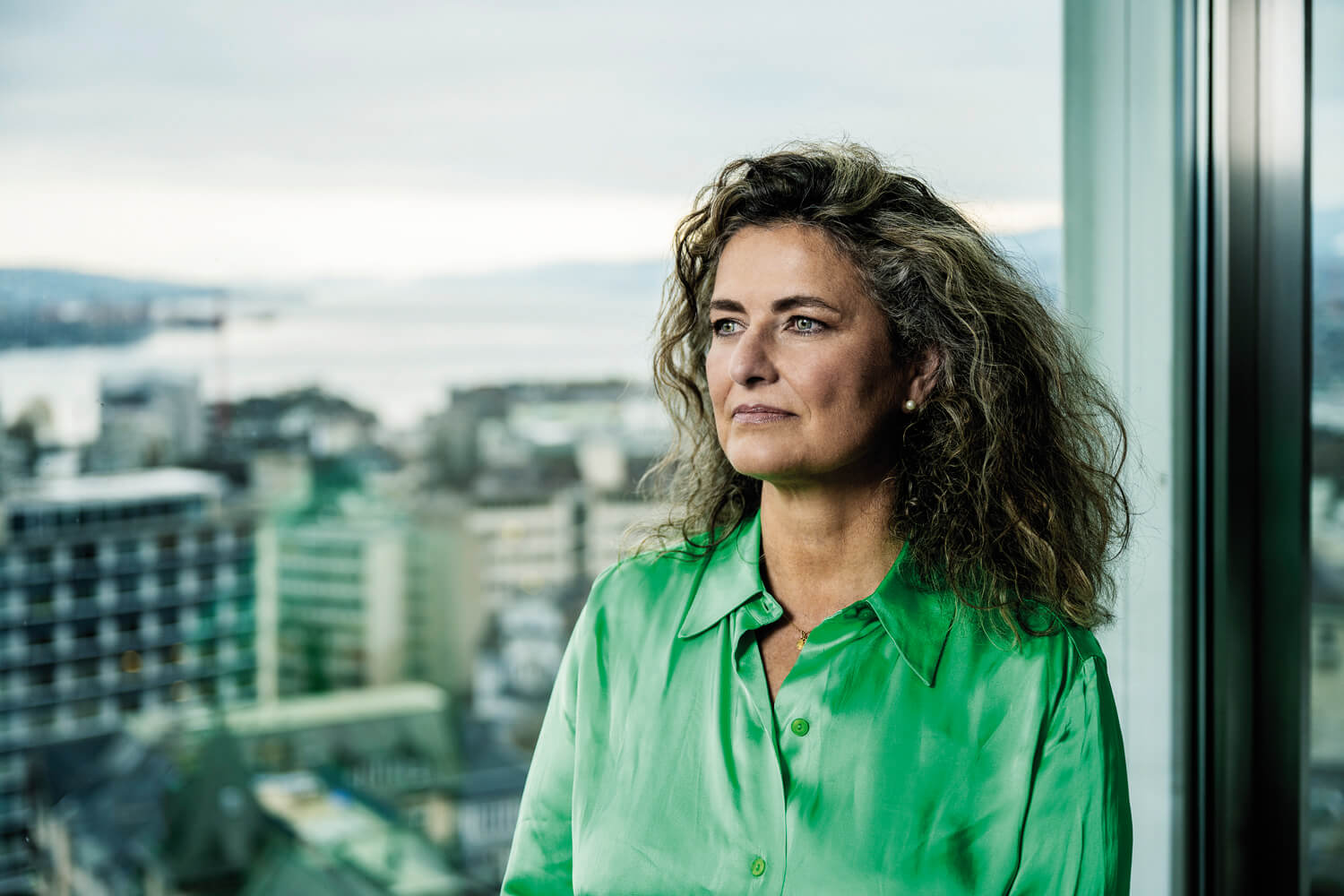


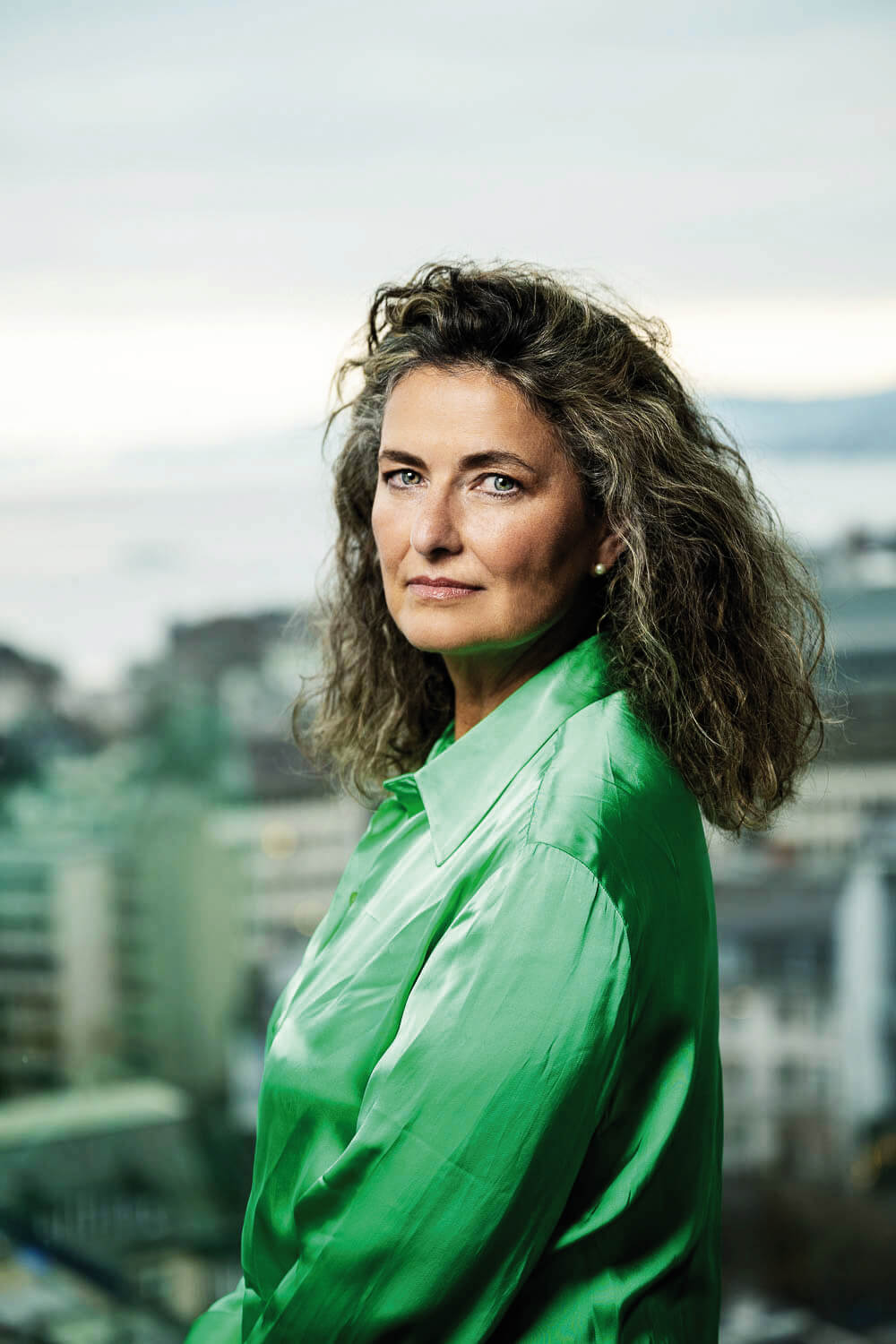
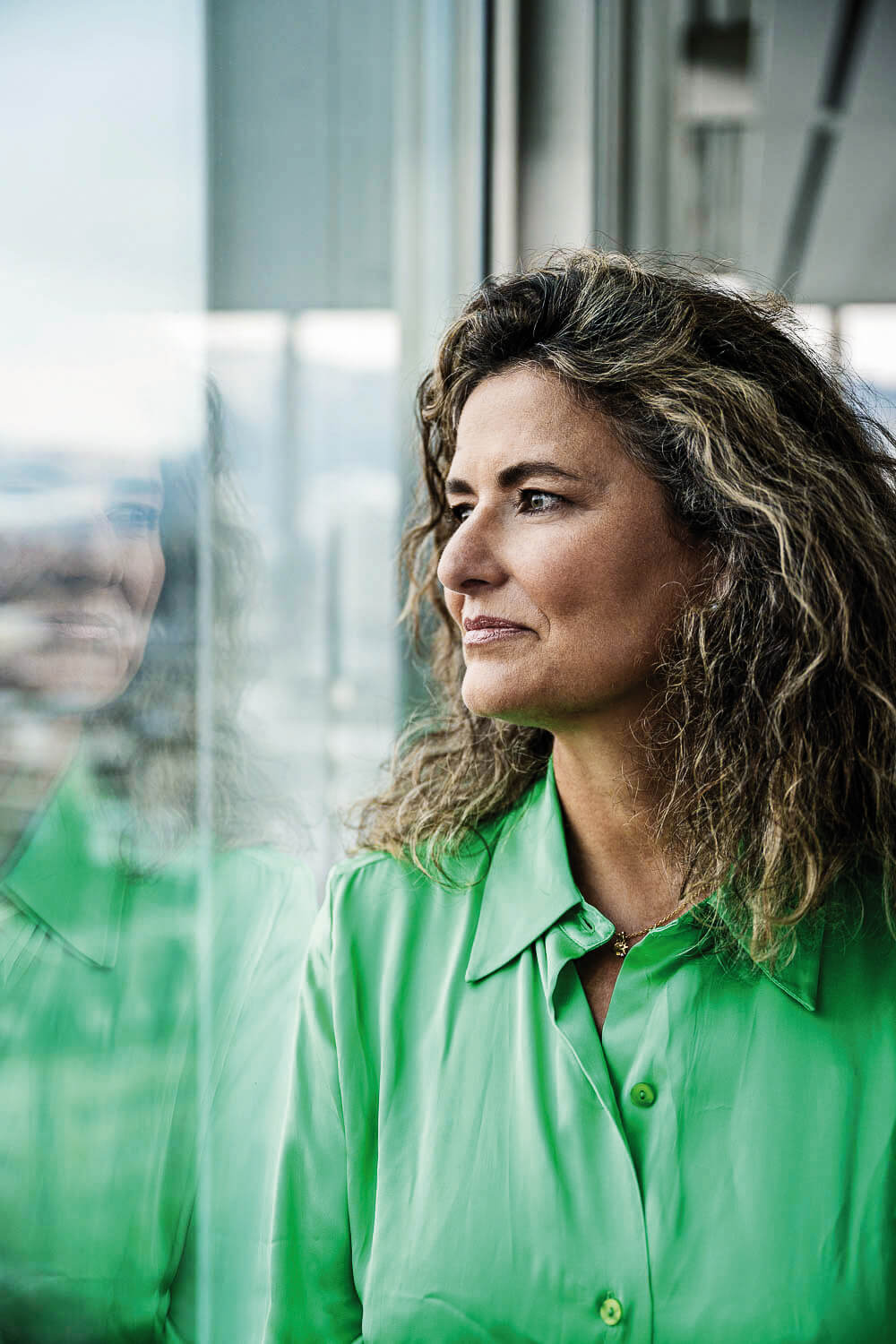

Weitere Interviews in der Serie „Post-Traumatic Growth“:

